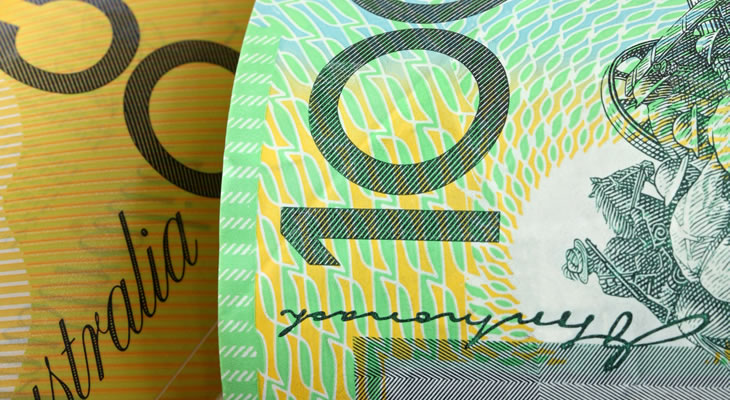Pound Australian Dollar Exchange Rate Struggles After Weak UK Housing Data
As the RICS house price balance stagnated for the second month in a row the Pound to Australian Dollar (GBP/AUD) exchange rate struggled to find any particular traction.
With the UK housing market continuing to show signs of weakness the appeal of the Pound (GBP) remained generally limited on Thursday morning.
This weaker showing throws some doubt on the prospect of the Bank of England (BoE) pursuing a more hawkish course of monetary tightening.
The latest quarterly economic survey from the British Chambers of Commerce (BCC) added to the relative bearishness of the Pound, suggesting that the UK economy has been treading water in 2018.
As BCC economist Suren Thiru noted:
‘Inflation is now on a downward trajectory. While we expect interest rates to rise next month, with UK economic conditions subdued and inflation weakening, the case for a further tightening in monetary policy continues to look limited at best.’
In the wake of Wednesday’s softer-than-forecast NIESR gross domestic product estimate this left the Pound with little in the way of support.
Solid Consumer Inflation Expectations Fail to Shore Up Australian Dollar
While the Australian consumer inflation expectation remained elevated at 3.6% in February this failed to dent the GBP/AUD exchange rate.
Even though domestic inflation expectations remain significantly above the Reserve Bank of Australia’s (RBA) target rate of 2% the mood towards the Australian Dollar (AUD) did not improve.
As the RBA looks set to leave monetary policy on hold for the foreseeable future the upside potential of AUD exchange rates is distinctly limited.
Mounting global geopolitical tensions have also muted the appeal of the risk-sensitive Australian Dollar this week, with investors jittery over the prospect of an escalating conflict between the US and Russia.
Even so, if the latest RBA Financial Stability Review strikes a more optimistic tone on Friday this could put further pressure on the GBP/AUD exchange rate ahead of the weekend.
Rising UK Wages and Inflation Forecast to Benefit GBP/AUD Exchange Rate
Further volatility is likely in store for the GBP/AUD exchange rate in the coming week, with the release of the latest UK wage growth and inflation data.
As markets continue to weigh up the odds of the BoE pushing ahead and raising interest rates once again in May any solid domestic data looks set to boost the Pound.
Any fresh acceleration in average weekly earnings could see GBP exchange rates trending higher across the board, given the concern that some BoE policymakers have expressed over the long-running wage squeeze.
The Pound could also find a boost on the back of another uptick in inflationary pressure, which would give the BoE significant incentive to tighten monetary policy again sooner rather than later.
On the other hand, any weaker-than-forecast data would give investors reason to doubt the prospect of a May rate hike, to the detriment of the GBP/AUD exchange rate.


Comments are closed.